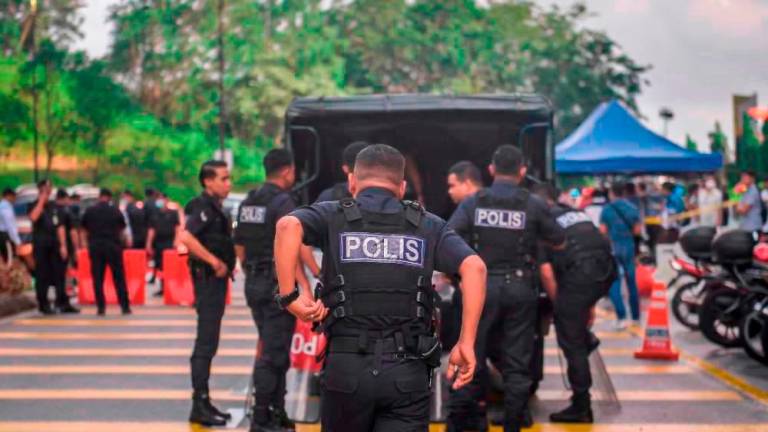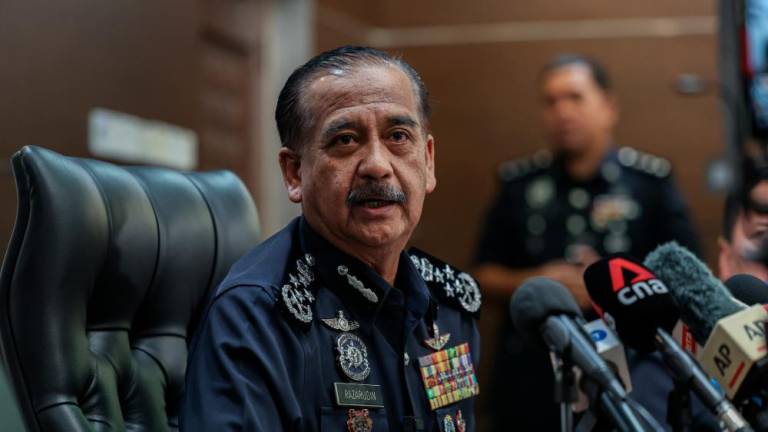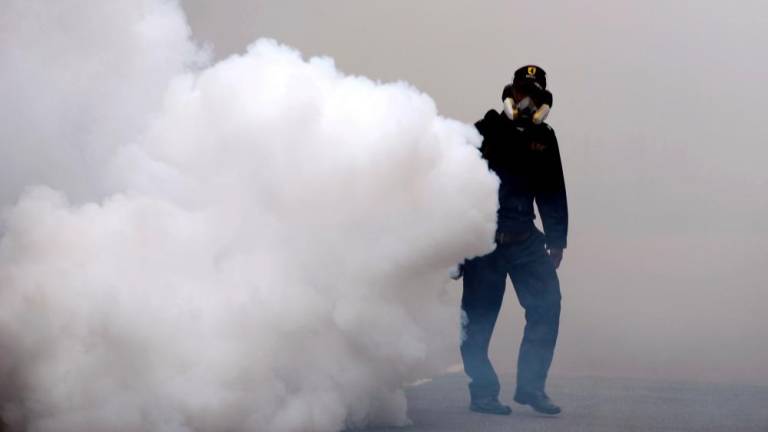INSTEAD of being a shoo-in for the ruling Pakatan Harapan (Pakatan) coalition, the Semenyih by-election on March 2 could be a cliffhanger. An urban Malay-majority seat with the racial profile of voters broadly similar to that of Peninsular Malaysia, Semenyih could be a bellwether polls.
Theoretically, winning this by-election should be a cinch for Pakatan. Located in Selangor and a 40-minute drive from Kuala Lumpur, the Semenyih state seat has 53,257 voters comprising 69.4% Malays, 17.2% Chinese and 13.3% Indians.
Furthermore, Pakatan has ruled Selangor for 10 years. In the May 9, 2018 general election (GE14), Pakatan underscored its political dominance by winning 51 out of 56 constituencies in the state.
Nine months later, several factors could undermine the prospects for Pakatan to retain this seat.
First, although Pakatan garnered 23,428 votes, giving it a majority of 8,964 votes in Semenyih in GE14, its victory was due to PAS contesting against the Barisan Nasional (BN). Last May, BN received 14,464 votes, PAS secured 6,966 votes while PSM, the fourth contender, collected 1,293 votes.
In this year’s by-election, PAS has refrained from joining the fray and has said it will support BN. Although there are four candidates, the contest is largely between Pakatan and BN.
Assuming PAS supporters cast their ballots for BN and assuming the pattern of voting in March 2 remains the same as in GE14, Pakatan’s majority could be sliced to just 1,998 votes. And if 1,000 voters or more who voted for Pakatan in GE14 opt for BN next month, Pakatan will lose this seat.
Whether intentional or inadvertent, Prime Minister Tun Dr Mahathir Mohamad’s statement that PAS isn’t supporting BN in Semenyih and the confused response by PAS leaders could bemuse the Islamic party’s supporters and boost Pakatan’s chances of retaining this state seat.
Second, apart from the GE14 victory, Semenyih has always been a BN bastion. Since the first general election in this country in 1959 until May 9 last year, BN has consistently won in Semenyih.
Apart from two close calls in the 1969 and 2013 polls, the then ruling coalition, the Alliance Party and its successor BN won Semenyih with handsome majorities – ranging from a staggering 57.5% in 1959 to a respectable 25.5% in 1986. In 1995, Semenyih was carved up and re-distributed to other state constituencies before being reassembled again in 2003.
Third, Pakatan’s success last May was due to the whirlwind of resentment throughout the country against BN and the then prime minister Datuk Seri Najib Razak. This clarion call for change in GE14 overrode parochial voter sentiment in Semenyih.
In two appearances in Semenyih this year, journalists note Najib has received a warm welcome from voters in this state constituency. This underscores a sea change in voter sentiment.
Fourth, Semenyih could reveal the depth of voter dissatisfaction with Pakatan. Although there is disagreement on which party will win this state seat, almost all pollsters agree Semenyih voters are unhappy with Pakatan’s failure to implement its GE14 promises and are aggrieved by the rising cost of living.
Pakatan leaders have tried to explain Putrajaya’s staggering debt burden has hampered its ability to fulfil some promises contained in its Buku Harapan. These include abolishing tolls and allowing university students to start repaying their loans only when they earn RM4,000 monthly.
Pakatan also promised to increase subsistence allowances paid to Felda settlers while old oil palms are replanted, ensure prompt payment less than 45 days after the delivery of fresh fruit bunches and easing their debt burden.
Malaysians in Semenyih and elsewhere are stunned that although the much-hated goods and services tax (GST) was abolished on June 1 last year – and replaced by the lower sales & services tax on Sept 1 last year – their cost of living continues to escalate.
Fifth, Pakatan leaders should recall voters’ disappointment with the perceived failure of Tun Abdullah Badawi’s administration to deliver its much-heralded promise of reform after he took over as the country’s fifth prime minister.
Voter disillusionment caused BN’s majority in Semenyih to collapse from a hefty 42% in the 2004 general election to a sashimi-thin majority of 5.2% in 2008, the lowest margin of victory recorded in this constituency since 1959.
Sixth, although there have been five other state polls after GE14, Semenyih is the first by-election contested by Mahathir’s party Bersatu. Campaigning in this constituency has been surprisingly low profile while visits by top Pakatan leaders, apart from Datuk Seri Azmin Ali, have been noticeably sparse.
While Semenyih is a by-election rather than a national polls, the outcome of the March 2 polls could be regarded as a harbinger of the future.
Opinions expressed in this article are the personal views of the writer and should not be attributed to any organisation she is connected with. Feedback: siokchoo@thesundaily.com














